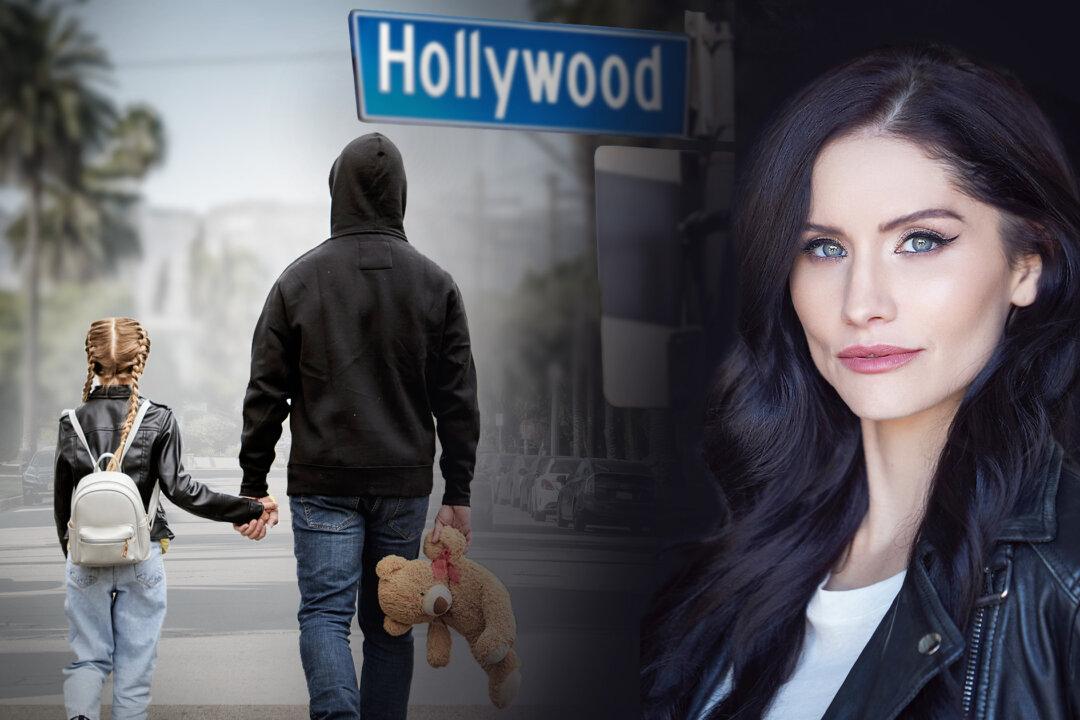She moved to L.A. to pursue the Hollywood dream, but it seems Landon Starbuck was really just trying to escape herself.
The belief that she was never good enough was the teenage malady plaguing the young, talented music artist from the Lone Star State. At age 18, she moved from Dallas, thinking Hollywood would be her cure. Ms. Starbuck had apparently been so naïve.






